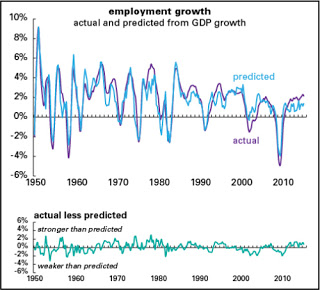First, when a "private" group's chief individuals flow back and forth constantly between government and that group, the group can be said to be "part" of government, or to have "infiltrated" government, or to have been "folded into" government. (Your phrasing will be determined by who you think is the instigator.)
For example, a network of private "security consulting" firms does standing business with the (Pentagon's) NSA, and by some accounts performs 70% of their work. Are those firms part of the NSA or not? Most would say yes, to a great degree. It's certain that the NSA would collapse without them, and many of these firms would collapse without the NSA (though many have other ... ahem, international ... clients, which starts an entirely different discussion).
As another example, the role of mega-lobbying firms as a fourth branch of government was explored here. Same idea.
In the case of the security firms, one might say they have been "folded into" government. In the case of the lobbying firms, one might say they have "infiltrated" government. I hope you notice the difference; both modes of incorporation occur.
Second, consider how in general the "world of money" and the parallel world of "friends of money" — its enablers, adjuncts, consiglieri and retainers — flow in and out of the world of government, of NGOs, of corporate boards, of foundation boards, attends Davos and the modern Yalta (YES) conference, and so on. Now consider how someone like Hillary Clinton — not money per se, though she has a chunk, but certainly a "friend of money" — ticks off most of those boxes (foundation board, corporate board, government, Davos, Yalta, and so on). There are many people like Hillary Clinton; she's just very front-and-center at the moment.
What we're about to see is the infiltration of "friends of money" into key positions in the eurozone, and in particular, the infiltration of friends of money from one huge repository of money and guardian of its perquisites — the megabank Goldman Sachs — into those governmental positions.
We've got privatization -- charters, vouchers -- and the other prong is this infiltration of private moneyed interests into government. I don't think this was the grand plan circa 1998 or something, but it's clearly where we're ending up, and it isn't just an education phenomenon.

